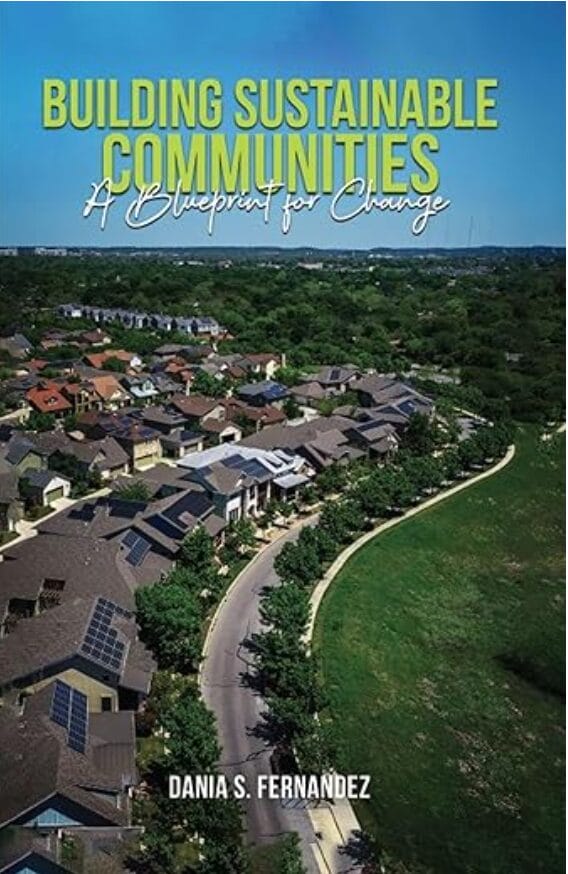
Making changes to your Florida HOA’s governing documents is a process, and it’s imperative that you abide by all rules and regulations when doing so. Association documents like declarations and bylaws are legal documents. You can’t just change them willy nilly. If the board has identified a valid reason for a proposed change to your CC&Rs or other association documents, there are some steps you’ll need to take. Here’s a guide for handling this important task.
Your Guide to Amending HOA Legal Documents
- Review current documents – First, thoroughly review your HOA’s existing governing documents, including the bylaws and CC&Rs. Understand the procedures outlined for amendments and the areas you wish to change or update.
- Identify necessary changes – Call out the specific sections or rules that need to be amended. Be sure to have a solid “why” behind your proposed changes and be able to clearly define what you want to amend.
- Consult your attorney – Before going too far down the road of making a change to your HOA’s covenants and restrictions, seek counsel from an attorney experienced in Florida HOA law. They can guide you through the legal aspects of the process and ensure your proposed amendments comply with state laws and the existing governing documents.
- Draft the amendments – Again, work closely with your attorney to draft the proposed amendments. Ensure the language is clear, concise, and in line with the existing legal framework. Be specific about what is being changed and why. Your notice of proposal should be sent 10-30 days before the next board meeting and should include the drafted proposed rule change, description of the purpose, and any effects the rule change or new law may have. You should also tell property owners about any proposed CC&R amendments at this time.
- Gain board approval – Present the proposed amendments to the HOA board. Discuss the changes, address any concerns or questions the board members may have, and open the floor to also allow homeowners to ask questions. Then, hold a formal vote to approve the new rule or amendment.
- Notify the community and update records – Upon approval of the amendment, notice must be sent to the community detailing the changes. You must also update the association’s records and provide updated copies of the governing documents to homeowners, property managers and any relevant parties.
By following these steps and the guidance of your attorney, your HOA can navigate the process of amending its governing documents in Florida efficiently and in compliance with state laws and regulations. If you have other questions or need help changing CC&Rs in Florida, get in touch with our team at Dania Fernandez and Associates, P.A. today.


I reside in an HOA in Deland that has a CCR against trucks with logos with a business name. My wife and I are being sued by the HOA. The HOA attorney told me if I paid $3,700 for attorney fees that I could put my company name back on my truck. There are at least 6 other vehicles in our community with logos but we were singled out. Selective enforcement! Should I pay and move on or do I have a Selective Enforcement defense?
If an HOA has a meeting to vote on amendments and does not receive sufficient affirmative votes to pass the amendments, can the board harvest proxies to surpass the threshold and file the amendments with the county without ever having an additional meeting to have a second vote.
based on the Covenants, the HOA assessments are calculated “by acre”. The lots are not of equal size so members are paying different values. The ONLY thing our HOA does is maintain a dirt road which only PART of the lots utilize. Is it outrageous that I suggest a change to the Declaration of Covenanats so the assessments are calculated by :”lot” instead of acre? WHY?: so all parties pay an equal amount. Therefore, having the majority of the members who utilize the dirt road AND have the smaller lots pay a little more of the burden WHILE also bringing the language of all of our documents in line by using LOT as the identifying marker in everything – membership – by lot, vote – by lot. and with the change assessments – by lot.